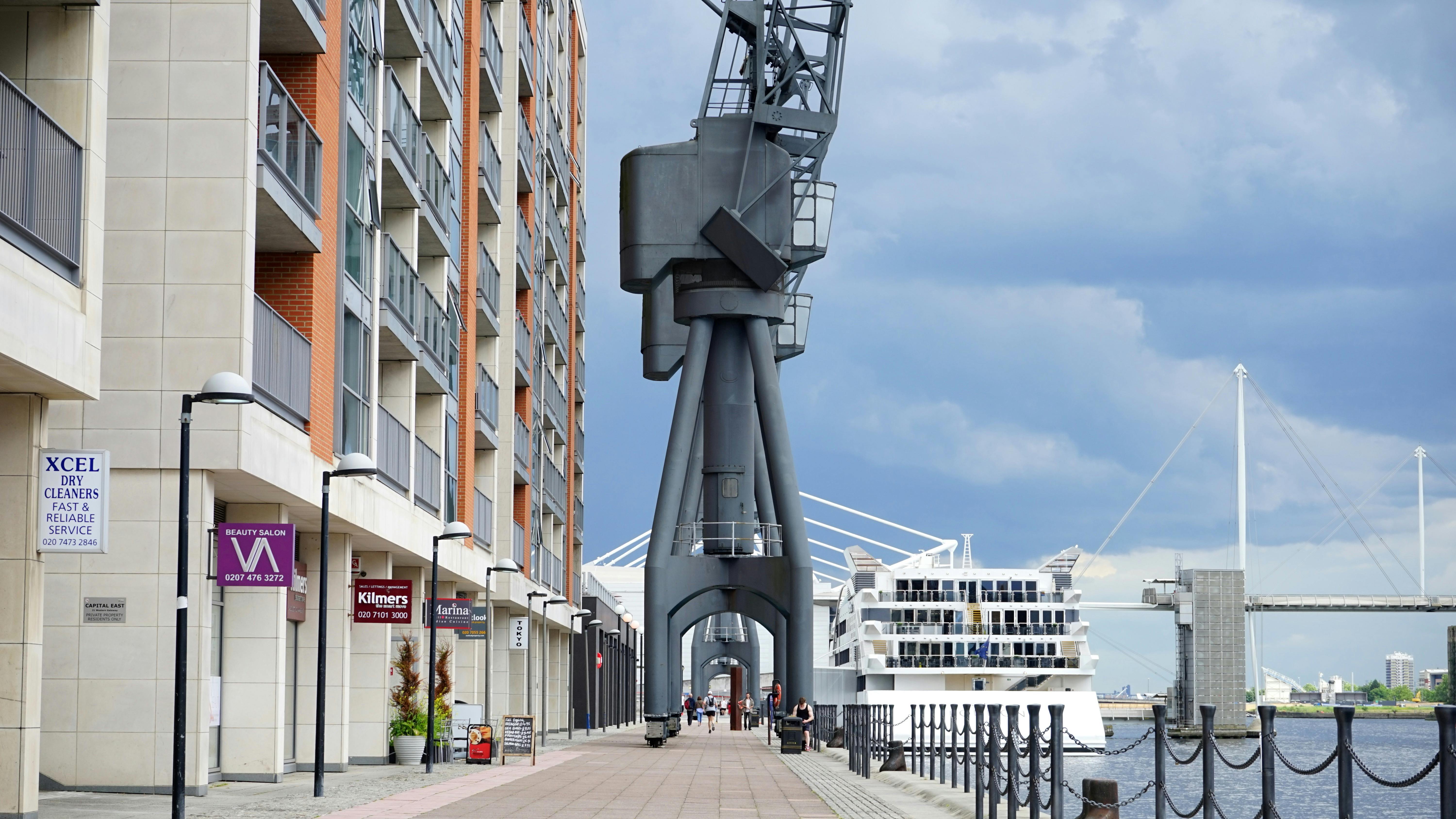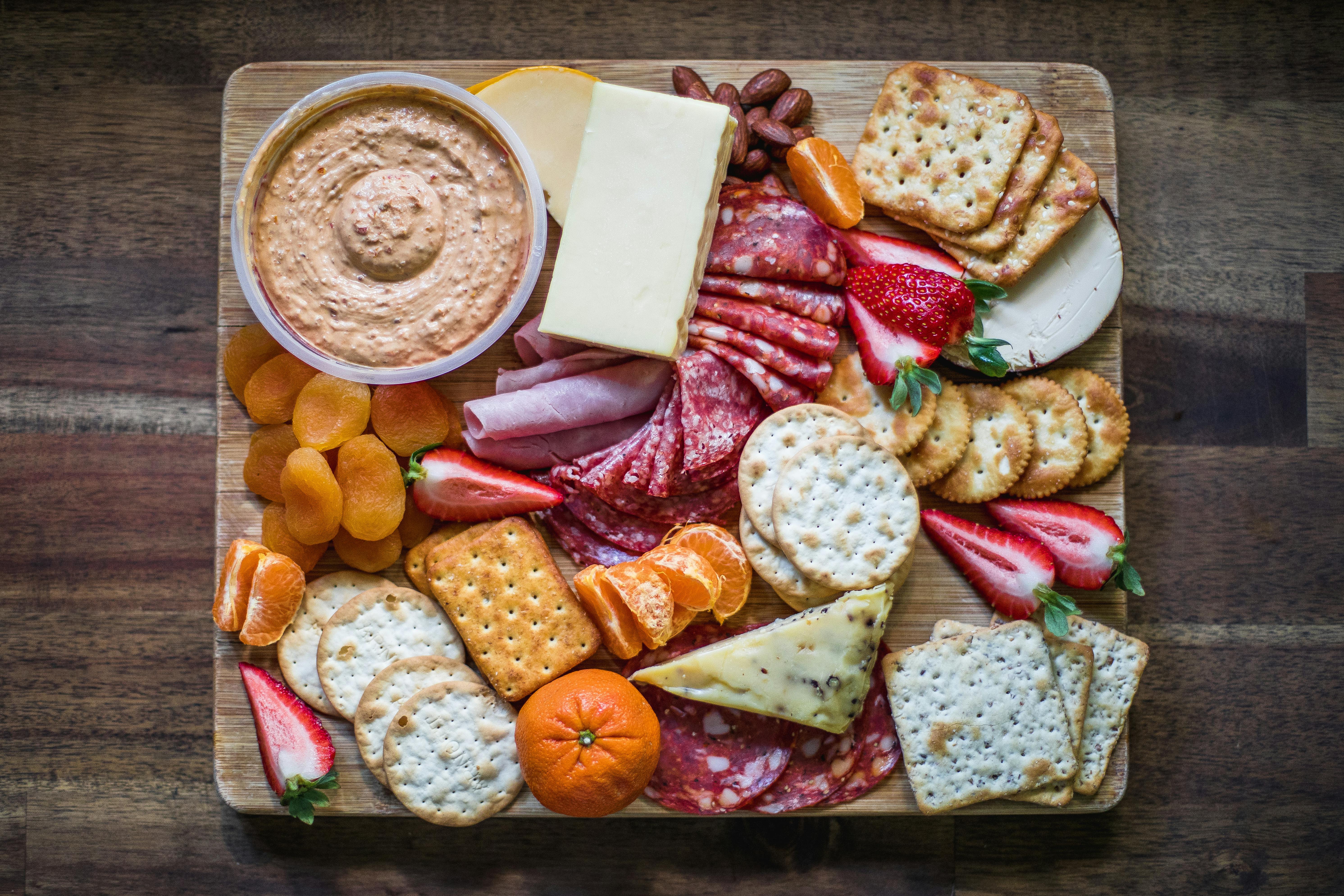I was born and raised in Sydney, Nova Scotia. And I spent most of my 17 years there believing that I lived in a special place. Actually, almost every adult I knew told me that in no uncertain terms; Nova Scotia, and more specifically Cape Breton Island, was God’s country. Everyone in Cape Breton called it God’s country and I never doubted it.
If you’ve ever driven over Smokey Mountain on the way to the Cabot Trail, you’ve seen its natural beauty for yourself. And if you made it all the way to Cape North on a sunny day, you may have seen a slice of heaven.
Or so I thought.
Then, seven years ago, I moved to Israel, which is considered by millions of people around the world as God’s Country.
Hence the dilemma. Where exactly is God’s Country?
Yes, Israel is part of the cradle of civilization. Cape Breton surely isn’t because the people who live there are generally averse to a more civilized life. When they want moments of civility… they get on a plane and go to another place to look for it. Then they go home.
Cape Bretoners are not particularly interested in progress and modernization. They like things as they are (and as they have always been). Not like Israel, which is considered by many to be the next greatest concentration of high-tech brainpower outside of California’s Silicon Valley.
Is it possible that God has two homes: his winter home in Israel and when the weather gets too hot here, he moves to his summer home in the north, in Cape Breton? If I were him, I would choose that option. Why bother Cape Bretonans who think they have a piece of Him when He can just as easily change locations in the summer?
There is a Cape Breton advantage that I think the Israelis would like. Cape Breton is almost completely ignored by the outside world. No one is in a hurry to go anywhere or do anything. And no superpower is giving them instructions on how to live their lives. There are no katusha missiles aimed at its population. Cape Bretonians never worry about their kindergartens blowing up or getting on a bus.
There’s something about all that peace that really makes you wonder if it might actually be God’s Country.
I don’t think the snow or the eternal cold are playing in Cape Breton’s favor, but what do I know? Maybe sledding and skiing are sacred experiences. Of course, perhaps sitting on the beach in Netanya or looking out over the Negev as the sun rises are too.
People who choose to live on the outskirts of Cape Breton, literally in the middle of nowhere, do so to be alone. They must; What other reason would someone have to move to a cold, perpetually wet, rocky cliff at the edge of the sea?
People who move to the outskirts of Israel do so to inhabit those places and to secure them as Jewish land. These Israelis are securing the borders of this small state, not militarily, but emotionally. The exact opposite of Cape Breton logic.
The people who live in the confines of Israel are not trying to get away from civilization. Many of them made conscious decisions to play an active role in the population of the far reaches of the country. I see them as the remaining pioneers of Israel.
Both places have lots of beautiful mountains and views. But just over the mountains of Israel live some of the least friendly neighbors anyone could wish for. If you look too far over the edge of a mountain in Cape Breton, you’ll be swimming with the whales: Cape Breton really has no neighbors and even if it did… how could you not love a Cape Bretoner?
So you can see the dilemma. Where exactly is God’s country?
Both are saints in their own way. It is best to visit both and decide for yourself.




